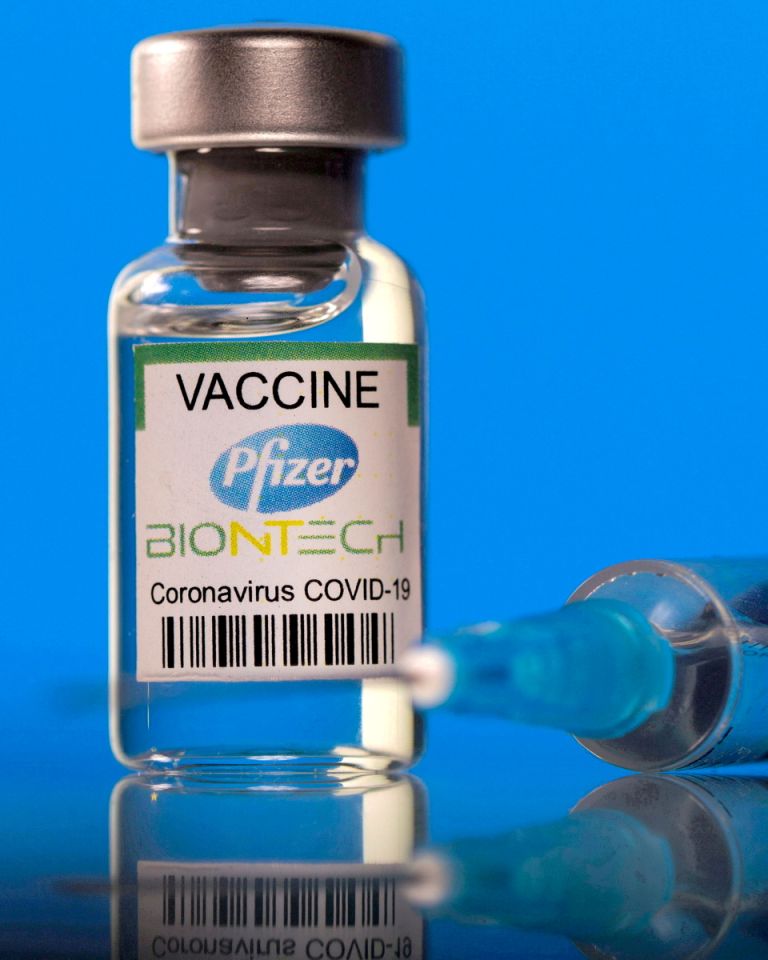By now, we are well aware that nothing is really beyond our reach. This realization has been in the making for years. The wheels started moving when our ancestors used their unique capabilities to establish human beings as the most dominant species to walk the earth. Later on, they continued to build on that breakthrough with various further advancements. Most importantly, these advancements appeared across various frontiers, thus helping them achieve a collective brand of growth. The pursuit of becoming versatile won’t just end there though. Instead, it will take the world through gazillion milestones, and it will peak right when a concept called technology is discovered, at least that’s how it felt during the said moment. However, like our ancestors, we treated technology’s arrival like a mere breakthrough. Such an approach eventually caused a generational shift within the whole spectrum. Now, if size of the change was so big, it’s almost a given that it will reach a place as important as our medical sector. Under technology’s stewardship, the global healthcare system saw its identity transform to something much more reliable than we initially predicted. Since then, it has brought about a host of new methods that were all seemingly focused on defying numerous challenges associated with healthcare, and it is now set to eliminate another one.
After completing two successful partnerships, Pfizer and BioNTech are teaming up once again for developing a shingles vaccine. In fact, their latest collaboration has a chance to look quite different than any of the previous ones. Unlike the earlier setup, where Pfizer just contributed vaccine expertise and financial resources, this time the company is also tabling antigen proprietary sequences, which will be a core supporter for the shingles vaccine. According to certain reports, Pfizer will pay BioNTech $225 million up front to start the development process, with agreed deal structure including $75 million in cash and a $150 million equity investment. On the other hand, BioNTech is required to shell out $25 million for acquiring the antigen sequences from its partner.
Interestingly enough, the new vaccine follows the lead of Covid 19 and is expected to be driven by the same mRNA technology.
“Adults aged 50 years and older as well as vulnerable populations like cancer patients are at an increased risk of shingles. Our goal is to develop an mRNA vaccine with a favorable safety profile and high efficacy, which is at the same time more easily scalable to support global access,” said Ugur Sahin, CEO and co-founder of BioNTech..
Assuming the vaccine gets approved, the gross profit from sales will be shared between the two companies. Furthermore, given that the stated obligations are fulfilled, BioNTech is also prepared to cash an additional amount in regulatory and sales milestone payments that can clock upto $200 million.



















